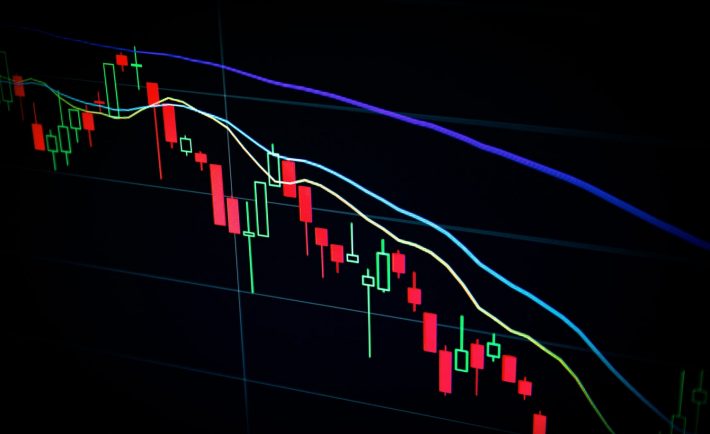Some people don’t like gambling, but in a way we all gamble.
We all have certain pensions and drawings with our jobs and banks that need fluctuations in the exchange rate to grow.
So why not invest some of your income or savings in some short term trading that could return great long term results?
In this post we give you five of the most common trading strategies that you can try – simply read on and choose a trading type that jumps out at you.
SCALPING
Some traders specialise in the long game, making trades in the stock market that are intelligent and precise but won’t pay off for many years. Then there are other traders who can’t wait that long and need a return the same day.
For short term traders, scalping is an effective technique, a bit like CFDs. These trades are usually made by individuals looking to “scalp” a small profit from each trade. They usually make hundreds of trades per day, looking to profit on the bid-ask price.
MOMENTUM TRADING
Trading requires an element of risk, but if you can manage that risk and identify opportunities for profitable growth you have the mindset of a trader and will likely do well in the stock market. This is one function of momentum trading.
Momentum trading looks for stocks that are moving significantly in one direction. They look for high volumes in particular so they can ride the momentum of them to profit. Trades with momentum normally perform well.
TECHNICAL TRADING
It’s not surprising there is a technical side to trading as well as a creative dynamic. With the analytics tools available these days otoscope has never been easier to spot an opportunity for growth and export it. This is what technical traders generally do.
Technical traders tend to focus on charts and graphs instead of the live trading platforms. They look at lines and index graphs to identify signs of convergence and divergence. These tend to signal buy and sell opportunities.
FUNDAMENTAL TRADING
Although trading is based on the momentum of stocks on a particular day, week, or month, this momentum is based on a bigger picture. Changes in weather, social and economic changes, and changes in business and industry can all affect the price and movement of markets.
Fundamental Trading seeks to use this brand data analysis as the starting point for successful trades. Fundamental traders look at corporate events, stock splits reorganisations and acquisitions, and make trades according to their data and speculations.
SWING TRADING
Different traders have different approaches. Some make trades on a single day and acquire profits on bid prices, others keep their trades open for months or years. Swing traders sit somewhere in between, they need to keep trades open to make a profit.
A swing trader is essentially a Fundamental trader that keeps their position open for a period until it returns a profit. This might be a day or a week, but is unlikely to be any longer. These are trades based on Fundamental corporate data.





